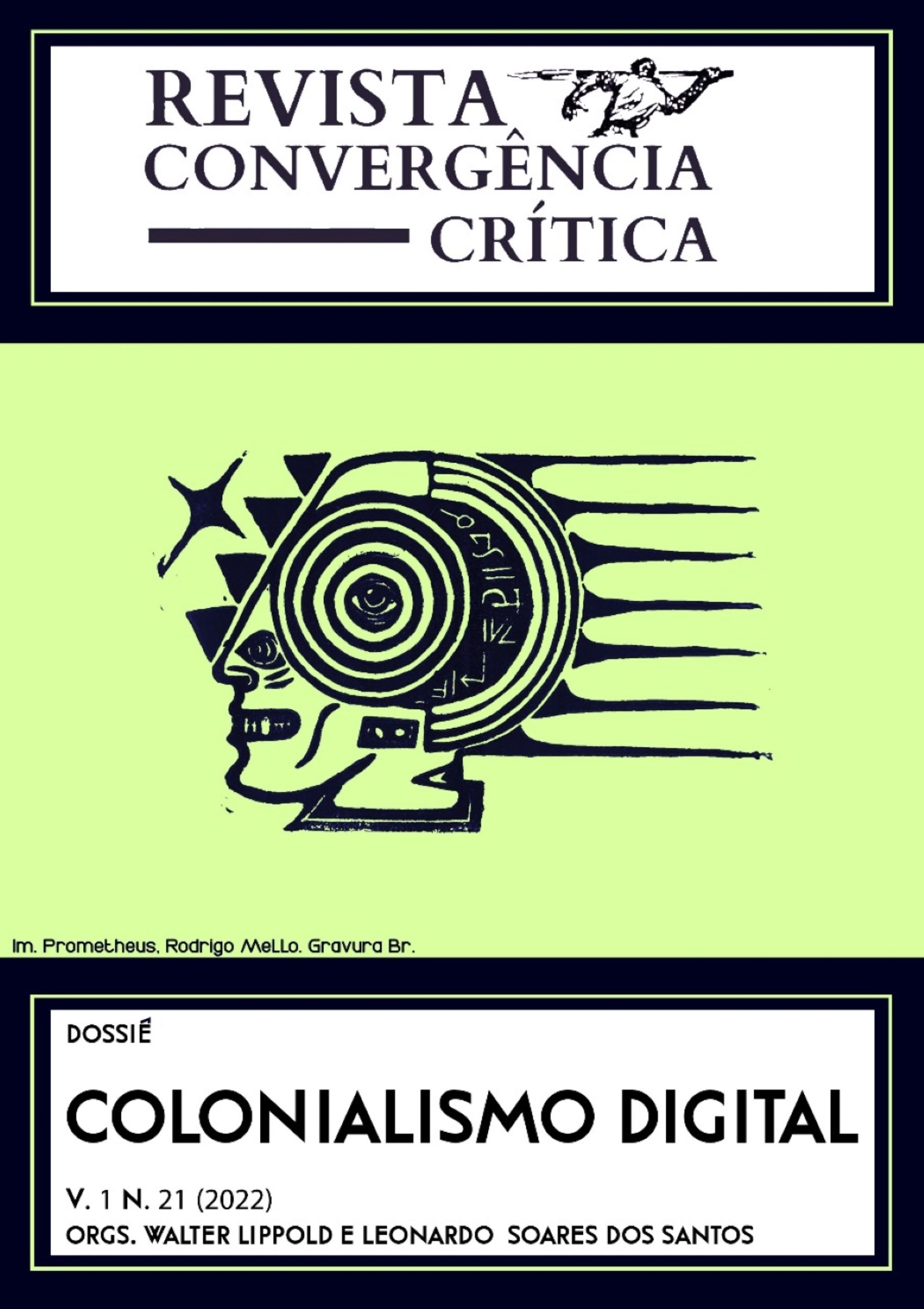As Intersecções das Crenças Docentes na Acessibilidade do Ensino de Português Língua Adicional (PLA) em Ambientes Virtuais.
DOI:
https://doi.org/10.22409/rcc.v1i21.64187Resumo
Resumo
Este estudo investiga o ensino de PLA no contexto EAD, focando nas implicações socioeconômicas e tecnológicas da inclusão digital. O objetivo é analisar criticamente os desafios e oportunidades desta modalidade de ensino no cenário brasileiro. Utilizando uma abordagem qualitativa analítica temática, baseada em Savin-Baden e Major (2013), Pischetola (2016), dentre outros; foram analisados dados de literatura especializada. Os resultados indicam que a promessa de democratização do ensino via EAD enfrenta obstáculos significativos, principalmente devido às desigualdades no acesso e uso das TIDCs. Conclui-se que, para o ensino de PLA via EAD alcançar seu potencial transformador, é necessária uma abordagem multifacetada que considere não apenas o acesso tecnológico, mas também o letramento digital, adaptações metodológicas às realidades locais e políticas educacionais que abordem as desigualdades estruturais.
Palavras-Chave: Inclusão Digital; PLA (Português como Língua Adicional); Educação a Distância (EAD).

